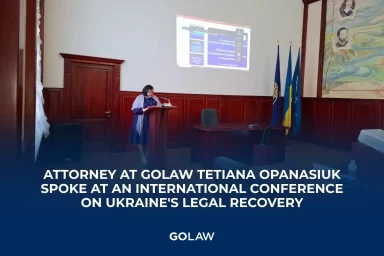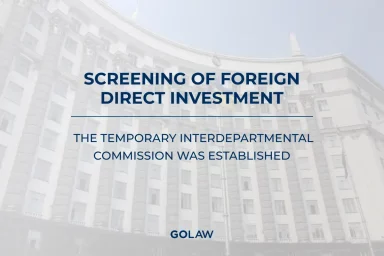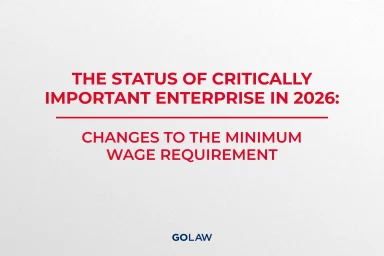The Grand Chamber of the Supreme Court: electronic correspondence can be evidence in a court case under certain conditions
The Grand Chamber of the Supreme Court considered the case based on the company’s claim for recovery of advance payment under the supply contract from another company. The plaintiff in this case referred to the fact that the defendant did not deliver the goods according to the contract and refused to voluntarily return the funds received.
Objecting to the claim, the defendant indicated that he delivered all the goods paid for by the plaintiff, and the plaintiff accepted the goods. In support of his position, the defendant provided the court with a printout of electronic correspondence between the director of the plaintiff and the witness who unloaded the goods at the addresses indicated by the plaintiff. At the same time, the witness confirmed the mentioned circumstance during the consideration of the case.
Analyzing the issue of the conditions under which electronic correspondence can be recognized as evidence in a court case, the Grand Chamber of the Supreme Court expressed the following position.
The Grand Chamber of the Supreme Court indicated that the court can consider electronic correspondence between persons in the messenger (like any other correspondence) as evidence in the case if it enables the court to establish the authors of this correspondence and its content.
At the same time, the Grand Chamber of the Supreme Court noted that the Supreme Court consistently adheres to the legal position that printouts of electronic correspondence are neither written evidence nor electronic documents (copies of electronic documents).
However, if, taking into account the specific circumstances of the case, the court concludes that the correspondence makes it possible to identify its participants and can confirm certain arguments of the parties, for example, regarding the existence of relevant relations between them, negotiations, etc., the court may accept such correspondence as evidence and give it an assessment together with other evidence in the case.
Therefore, since in this case the director of the plaintiff did not deny the fact of conducting electronic correspondence, printouts of which were provided to the court by the defendant, and did not question the printouts submitted by the defendant, the Supreme Court recognized that there are legal grounds for assessing this evidence along with other evidence in the case. Given this, the Grand Chamber of the Supreme Court upheld the decision of the court of first instance, which refused to satisfy the claims for recovery of advance payment under the supply contract.
Resolution of the Great Chamber of the Supreme Court of June 21, 2023, in case No. 916/3027/21
For more articles, court positions, and practical advice on litigation in Ukraine, please visit 👇
Related insights

19 February 2026 Legal news
Attorney at GOLAW Tetiana Opanasiuk spoke at an international conference on Ukra...

13 February 2026 Legal news
Screening of foreign direct investment: the temporary interdepartmental commissi...

27 January 2026 Legal news
The Status of Critically Important Enterprise in 2026: Changes to the Minimum Wa...
Sign up to be aware
New achievements are inspired by information. GO further, don’t miss out GOLAW news and legal alerts
Our expertise
-
- Energy and Natural Resources
- Antitrust and Competition
- Banking and Finance
- Compliance, Corporate Governance and Risk Management
- Corporate and M&A
- Criminal and White Collar Defence
- Defense in Anti-corruption procedures and regulations
- Private: Digital Economy Practice
- Labor and Employment
- Natural Resources and Environment
- Government Relations (GR)
- Insolvency and Corporate Recovery
- Intellectual property
- International trade
- Legal support of business and private Сlients in Germany
- Litigation and dispute resolution
- Private clients
- Real Estate and Construction
- Restructuring, Claims and Recoveries
- Martial Law
- Tax and Customs
-
- Agribusiness
- Aviation
- Chemical industry
- Engineering, Construction and Building Materials
- Environment and Natural Resources
- Financial institutions
- IT and AI
- Industry and manufacturing
- Healthcare industries, Life sciences and Pharmaceuticals
- Media, Entertainment, Sports and Gambling
- Retail, FMCG and E-Commerce
- Transport and Logistics
We use cookies to improve performance of our website and your user experience.
Cookies policy
Cookies settings




